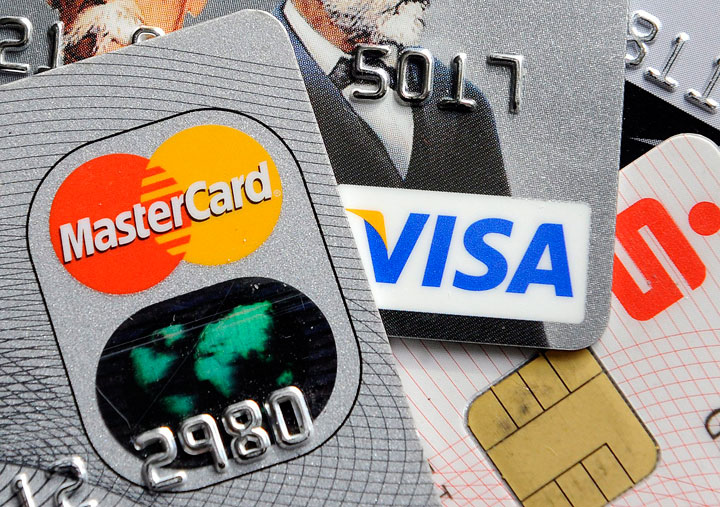NEW YORK – While the safety of their private financial information is a big deal for a lot of people, when it comes to protecting it, many are actually pretty lax, a new survey says.

According to the phone survey commissioned by MasterCard, 77 per cent of the 1,000 people polled say they’re worried about their financial information being compromised. And the same percentage of people polled say they’re worried about their Social Security number staying private.
Those concerns ranked higher than worries about being a victim of other kinds of crime. Sixty-two per cent of those polled say they’re worried about having their email hacked, while 59 per cent say they fret about their home being broken into.
And if they had to make a choice, 55 per cent of those polled say they would rather have naked photos of themselves leaked online than have their financial information stolen.
READ MORE: Top 5 security tips to protect your credit card when shopping online
But at the same time, a little less than half of those polled admitted to practices that would be considered bad password hygiene. Forty-six per cent of those surveyed say they rarely or never change the passwords for their financial accounts, while 44 per cent say they use the same password for multiple accounts.
In addition, 39 per cent say they use public networks to access their financial information, according to the poll, which was conducted between May 8 and May 12.
Experts say habits like those make people easy targets for hackers. The longer a password hangs around, the more likely it will be guessed or stolen.
Meanwhile, using the same password for multiple accounts could result in more than one account being compromised if the password becomes known. And accessing financial information through public networks, such as a coffee shop’s Wi-Fi, could expose the information to nefarious people using the same network.
On the upside, 77 per cent of those surveyed say they’re optimistic that new payment technologies are having a positive effect on their personal security and 77 per cent also believe that there are more secure ways to pay today than ever before.



Comments